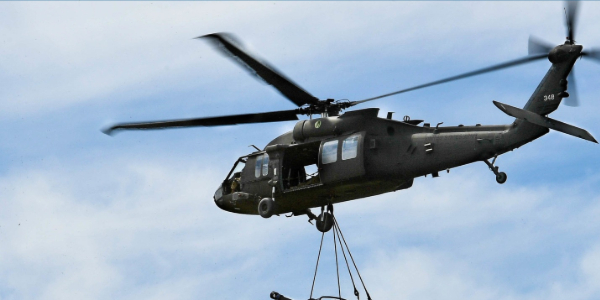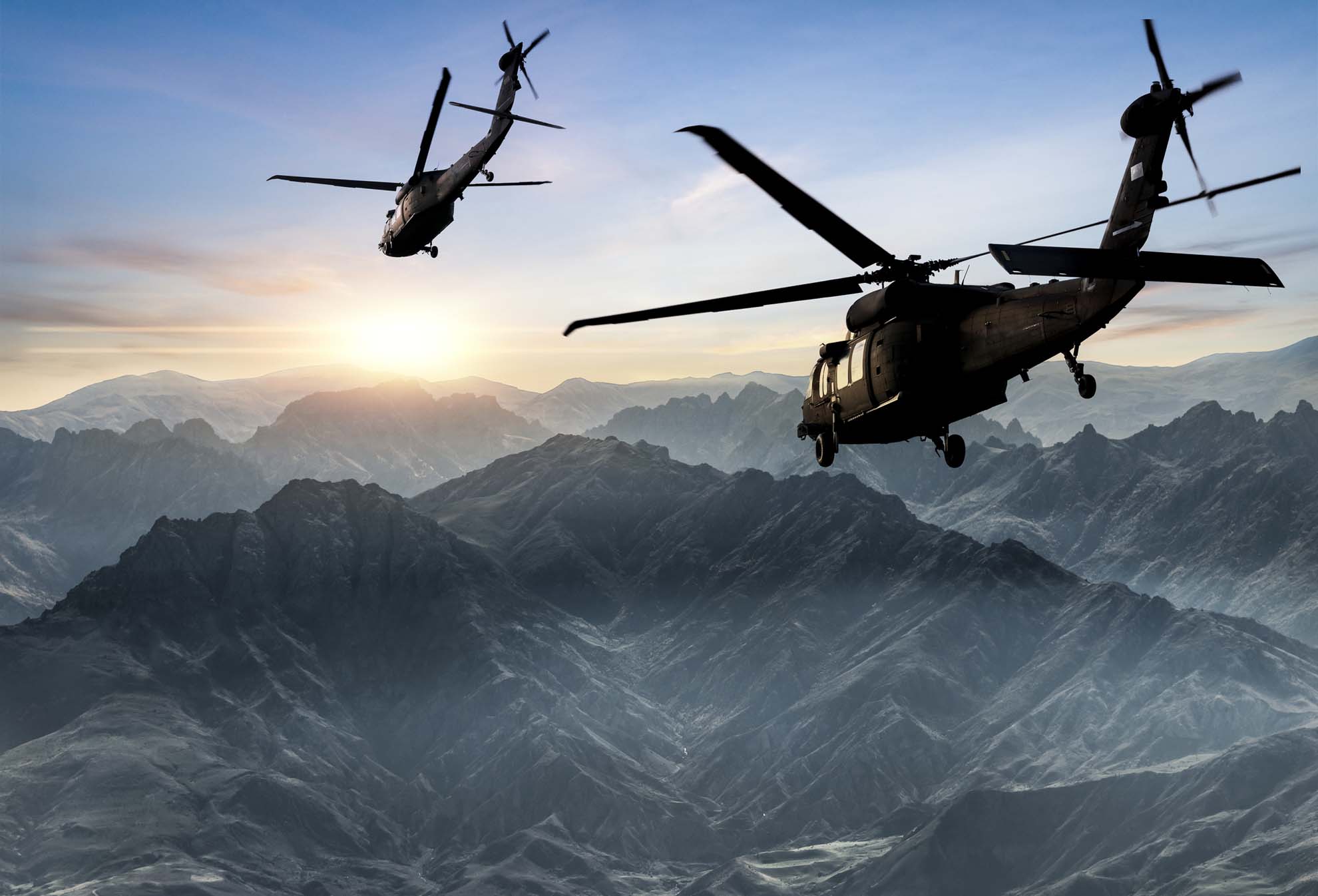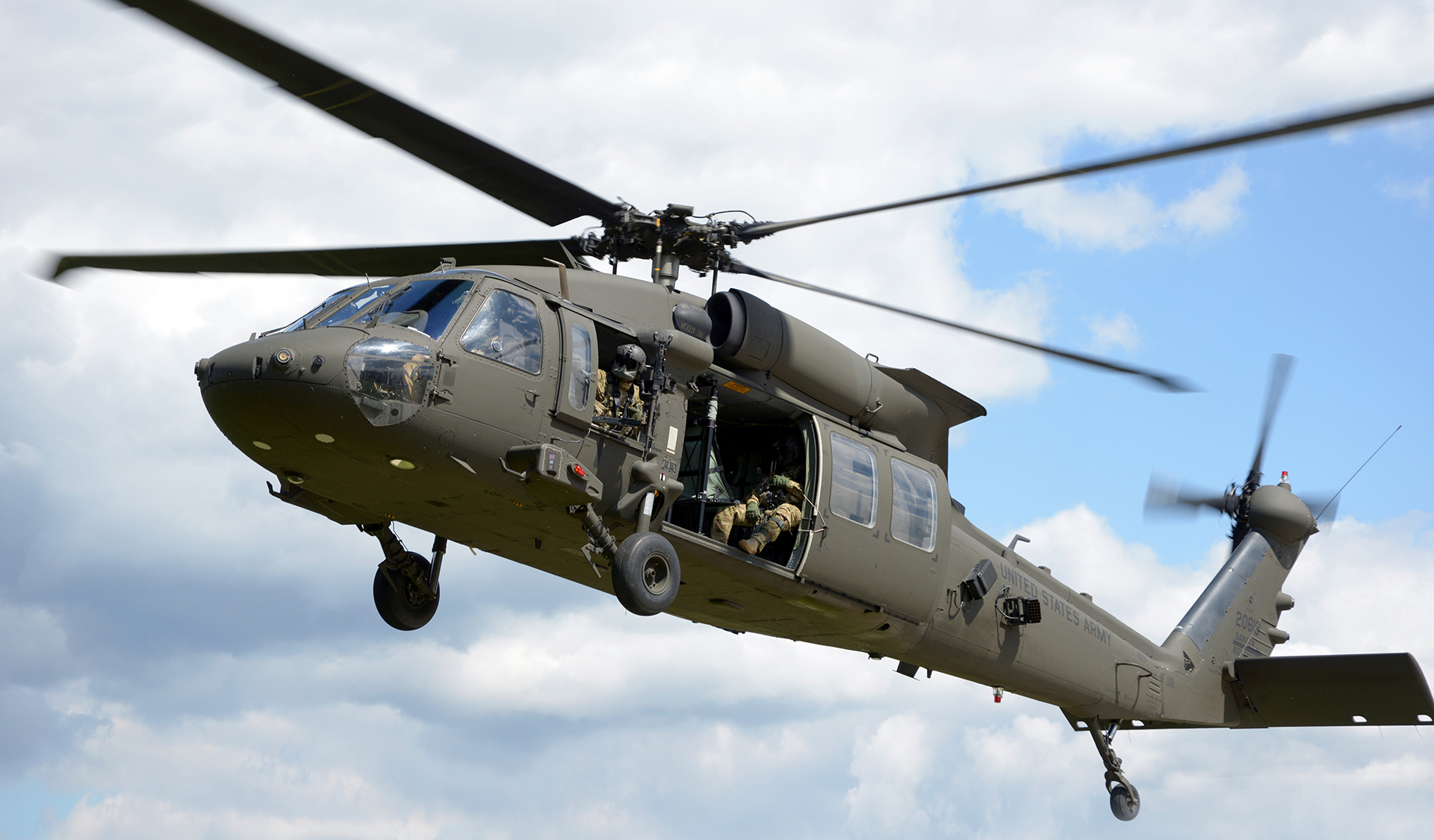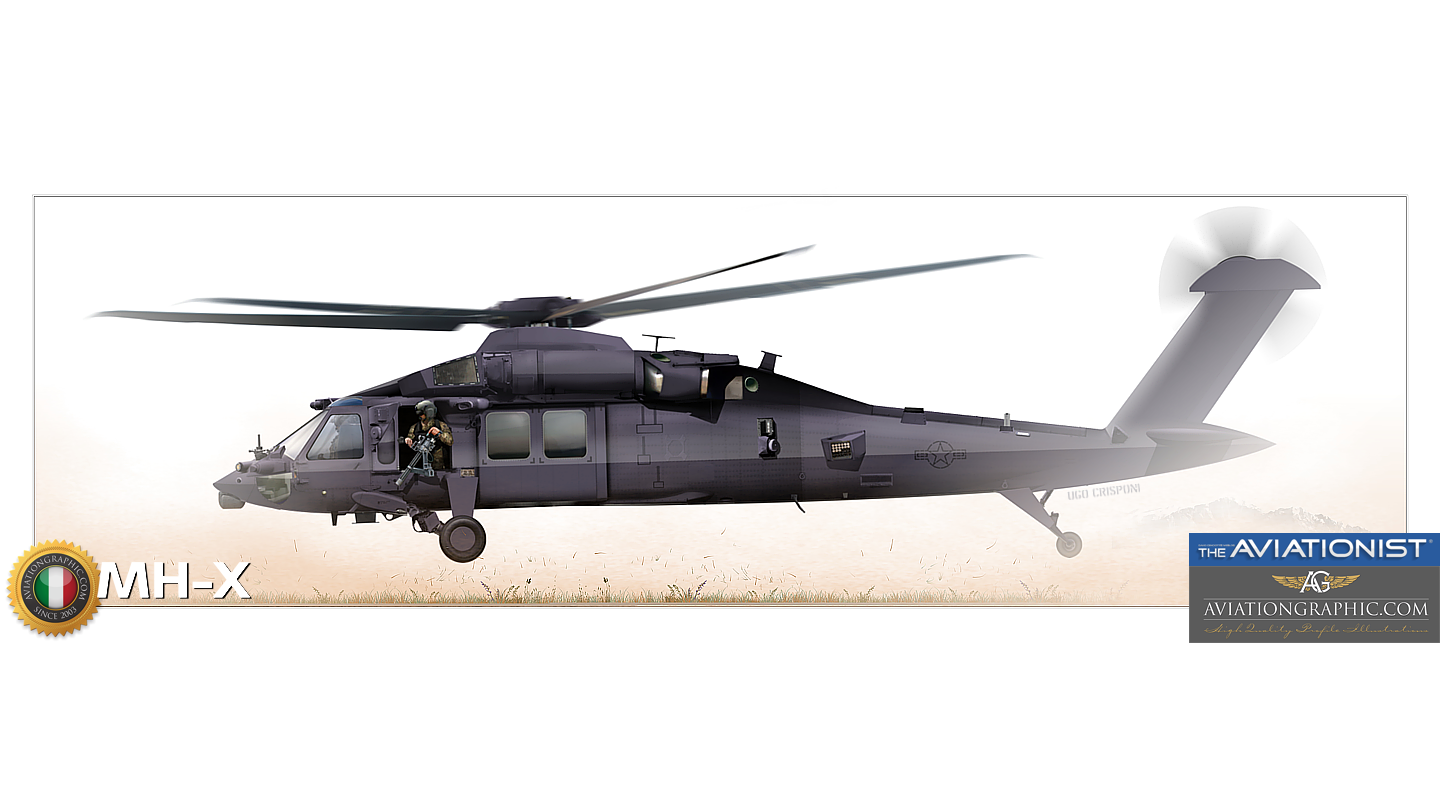Why the Blackhawk Helicopter Remains an Important Asset for Global Defense Forces
Why the Blackhawk Helicopter Remains an Important Asset for Global Defense Forces
Blog Article
Exploring the Thrills and Innovations of the Blackhawk Helicopter
The Blackhawk helicopter stands as a testimony to armed forces air travel's evolution, merging technical advancements with useful applications. Since its introduction in the 1960s, it has changed the landscape of aerial assistance, flaunting features that enhance its efficiency in various functional functions. As we explore its historical value and essential innovations, one must take into consideration exactly how honest growths might redefine its abilities. What lies ahead for this legendary airplane, and how will emerging modern technologies form its future in military procedures?
Background of the Blackhawk Helicopter
Because its creation in the 1960s, the Blackhawk helicopter has played a critical role in modern-day army aviation. Established by Sikorsky Aircraft, the UH-60 Blackhawk was made to satisfy the U.S. Army's demand for a flexible energy helicopter qualified of executing a variety of missions, including army transportation, clinical discharge, and freight airlift. The style was an action to the restrictions of earlier helicopters, especially in regards to maneuverability, speed, and survivability.
The Blackhawk made its first trip in 1974 and soon entered service in 1979. Its intro marked a considerable development in helicopter innovation, including a two-rotor system that boosted efficiency and stability. The aircraft's rugged building and construction and progressed avionics allowed it to run efficiently in varied environments and problems.
Throughout the years, the Blackhawk has been continuously updated, integrating lessons discovered from various combat situations. Its release in conflicts such as the Gulf War, Somalia, and the War on Horror further solidified its credibility as an essential asset. The Blackhawk's tradition is characterized by its versatility and resilience, making it a cornerstone of army aeronautics for decades.
Trick Features and Specifications
The Blackhawk helicopter is identified by its robust design and advanced technical functions, which jointly boost its operational capabilities. Made mainly for energy goals, the Blackhawk flaunts a maximum departure weight of roughly 22,000 pounds, permitting it to bring substantial payloads while preserving agility.
Geared up with two General Electric T700-GE-701C engines, the Blackhawk accomplishes a maximum rate of around 183 knots and a variety of 368 maritime miles - Blackhawk Helicopter. Its cutting edge blades system includes a four-blade primary blades and a four-blade tail blades, guaranteeing security and ability to move in different flying conditions
The helicopter's cabin can fit approximately 11 troops or different freight arrangements, showcasing adaptability in objective profiles. In addition, the Blackhawk is made with sophisticated avionics, including digital flight controls and an extensive cabin display screen, improving pilot situational recognition.
For boosted survivability, the Blackhawk includes ballistic armor and self-sealing gas storage tanks. Its capacity to operate in varied atmospheres, from deserts to icy surfaces, additionally solidifies its credibility as a reputable system for army and humanitarian operations alike. The Blackhawk's mix of resilience, convenience, and power makes it a foundation of modern airborne abilities.
Innovations in Technology
Advancements in technology have considerably enhanced the capabilities of the Blackhawk helicopter, ensuring it remains at the center of military aviation. One of the most significant advancements is the combination of innovative avionics systems, which give enhanced situational understanding through real-time information handling and display. This modern technology enables pilots to browse complicated environments better, enhancing objective success rates.

Moreover, the introduction of electronic fly-by-wire systems has actually transformed the control mechanisms of the Blackhawk, giving smoother handling and boosted responsiveness. Jointly, these technological improvements ensure that the Blackhawk helicopter stays an essential possession in modern-day military operations.
Functions in Military Workflow
With innovative innovation improving its capabilities, the Blackhawk helicopter plays a diverse function in army procedures. Mainly, it is used for army transport, making it possible for quick implementation and extraction of employees find out here now in numerous combat scenarios. Its sizable cabin can accommodate as much as 11 troops, making it an important possession for massive missions and unique procedures.
In Addition, the Blackhawk acts as a medevac platform, outfitted to deliver damaged soldiers quickly and efficiently from the battlefield to clinical centers - Blackhawk Helicopter. Its versatility expands to logistical support, where it carries products and equipment important for sustaining armed forces procedures in remote areas

The helicopter is also crucial in reconnaissance goals, supplying airborne monitoring and intelligence-gathering capacities. Its capacity to operate in varied environments-- ranging from city settings to severe surfaces-- further strengthens its significance on the battlefield.
Furthermore, the Blackhawk can be furnished with sophisticated weapons, allowing it to engage in fight and offer close air support. This flexibility underscores the helicopter's important duty in contemporary army techniques, making it a crucial component of militaries worldwide.
Future Advancements and Innovations
Improvements in modern technology promise to usher in a new age for the Blackhawk helicopter, enhancing its abilities and functional performance. As the armed forces landscape advances, so as well does the focus on integrating sophisticated modern technologies into rotary-wing airplane. Future developments for the Blackhawk might include improvements in avionics, such as innovative flight control systems and boosted situational awareness devices powered by expert system. These technologies will assist in more exact navigating and decision-making in intricate settings.
Furthermore, the integration of unmanned systems is on the horizon, possibly permitting manned-unmanned teaming operations that can expand goal accounts and reduce risk to workers. The Blackhawk's style is additionally expected to integrate lighter and stronger materials, enhancing gas effectiveness and total efficiency.

Conclusion
In final thought, the Blackhawk helicopter stands for a description substantial achievement in armed forces aviation, defined by its versatility and progressed technical features. Its historic advancement mirrors a consistent action to functional demands, enhancing capabilities in different duties such as army transport and medevac operations. Recurring advancements, consisting of the assimilation of synthetic intelligence and hybrid-electric propulsion, promise to more strengthen the Blackhawk's effectiveness and significance in future armed forces interactions, guaranteeing its status as check my site a crucial property on the combat zone.

With sophisticated innovation improving its capacities, the Blackhawk helicopter plays a complex duty in army procedures. (Blackhawk Helicopter)
Report this page